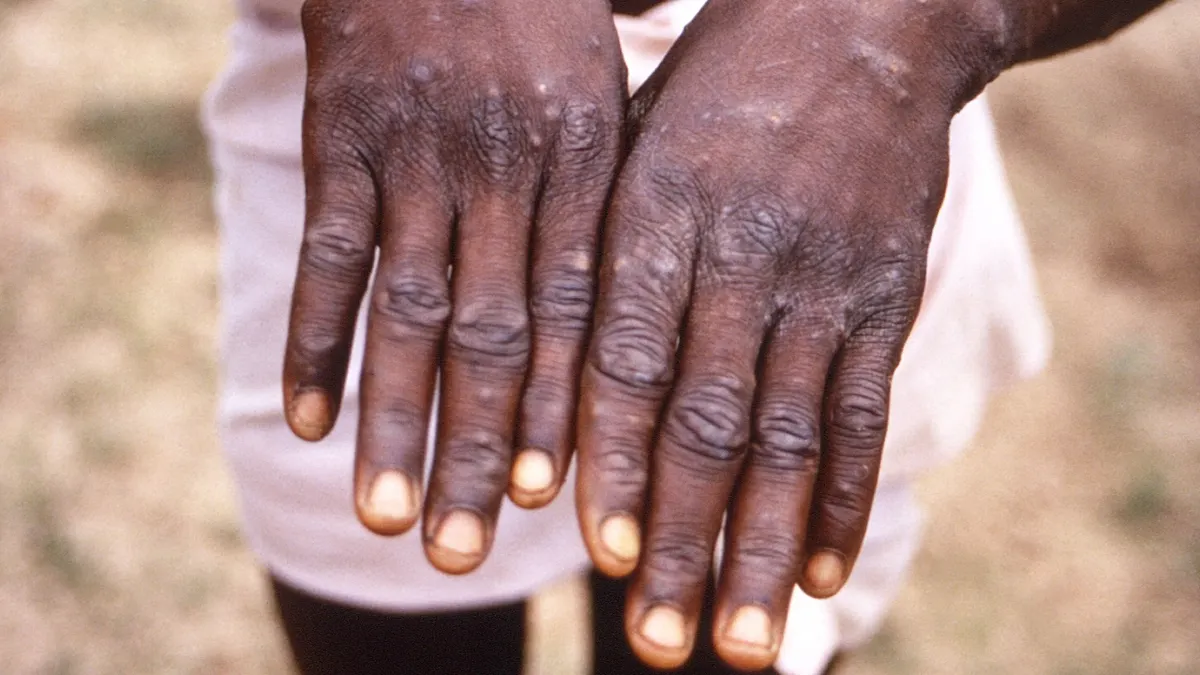Near the fortified border between North and South Korea, a monitoring device operates around the clock—not to track missiles or troop movements, but to catch malaria-carrying mosquitoes crossing the border. Despite advanced healthcare and decades of effort, South Korea struggles to achieve “malaria-free” status due to its proximity to North Korea, where the disease is prevalent. This year, South Korea issued a nationwide malaria warning, with scientists warning that climate change, particularly warmer springs and heavier rainfall, could increase the risk of mosquito-borne diseases on the peninsula unless the two Koreas, still technically at war, cooperate. The core issue lies in the DMZ, a four-kilometer-wide no man’s land along the 250-kilometer border.
South korea battles malaria threat along north korean border amid rising climate concerns.



